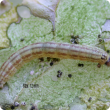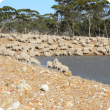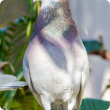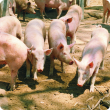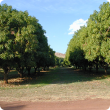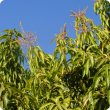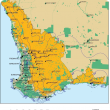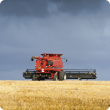Filter by regions:
- (-) Remove Gascoyne filter Gascoyne
- (-) Remove Mid West filter Mid West
- Great Southern (207) Apply Great Southern filter
- South West (206) Apply South West filter
- Peel (205) Apply Peel filter
- Wheatbelt (184) Apply Wheatbelt filter
- Goldfields-Esperance (182) Apply Goldfields-Esperance filter
- Perth regions (177) Apply Perth regions filter
- Kimberley (171) Apply Kimberley filter
- Pilbara (168) Apply Pilbara filter

